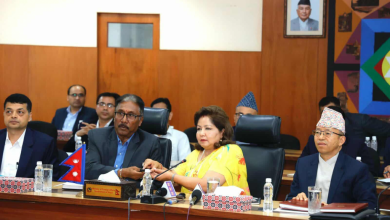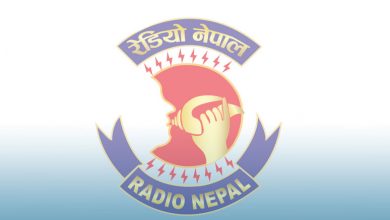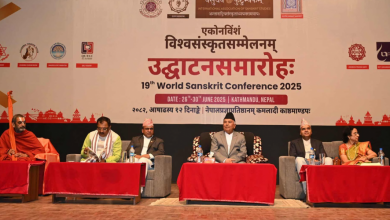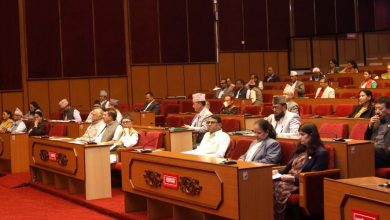Stakeholders discuss migration governance, implementation of GCM commitments
Kathmandu, June 26: The “Asia-GCC Dialogue on Implementation of the Global Compact for Safe, Orderly and Regular Migration (GCM)” organized here by the Ministry of Labour, Employment and Social Security (MoLESS) and the International Organization for Migration (IOM) concluded on Thursday.
The Dialogue witnessed participation of government representatives, international organizations, and non-state actors from across Asia and the Gulf region, according to the IOM.
The event provided a platform for countries and key partners to explore practical and comprehensive approaches to improve labour mobility and implementation of the GCM commitments.
In his inaugural speech, Minister for Labour, Employment and Social Security Sharat Singh Bhandari reaffirmed Nepal’s commitment to improving migration governance.
Participants engaged in interactive sessions delving into GCM objectives, with a focus on developing regular migration pathways, promoting fair recruitment and decent work, advancing skills development and recognition, and enhancing migrant welfare and access to social protection, according to the IOM.
“Throughout these two days, we hope to share best practices that can help build on the work already achieved so far to strengthen labour governance across Asia and the GCC and ensure more is done to address ongoing issues and strengthen regular pathways between the two regions,” said Stuart Simpson, Deputy Regional Director for Operations, IOM Regional Office for Asia and the Pacific.
This dialogue is built on the outcomes of the 2023 Asia-GCC Senior Officials Meeting and the Second GCM Regional Reviews of Middle East and North Africa and Asia and Pacific.
The Dialogue stressed the need for safer and more regular migration pathways, and explored practical, rights-based solutions. The discussion emphasized the importance of regional platforms and South-South cooperation in building trust between labour-sending and receiving countries, said Prajwal Sharma, the Head of Migration and Development at IOM Nepal
This dialogue also provided an avenue to discuss national and regional actions and prepare for the 2026 International Migration Review Forum (IMRF), where global progress on migration commitments will be reviewed. Policy recommendations from this event will contribute to the 2026 review.
The GCM provides a practical roadmap for aligning migration governance with national development priorities and global commitments under the 2030 Agenda.
The Asia-Gulf Cooperation Council (GCC) corridor is among the world’s largest labour migration routes, sustaining economies across both regions. With over 25 million Asian migrants living and working in the GCC countries, strengthening migration pathways is essential, not only to safeguard migrant rights, but also to harness their skills for broader societal benefit.







Comments